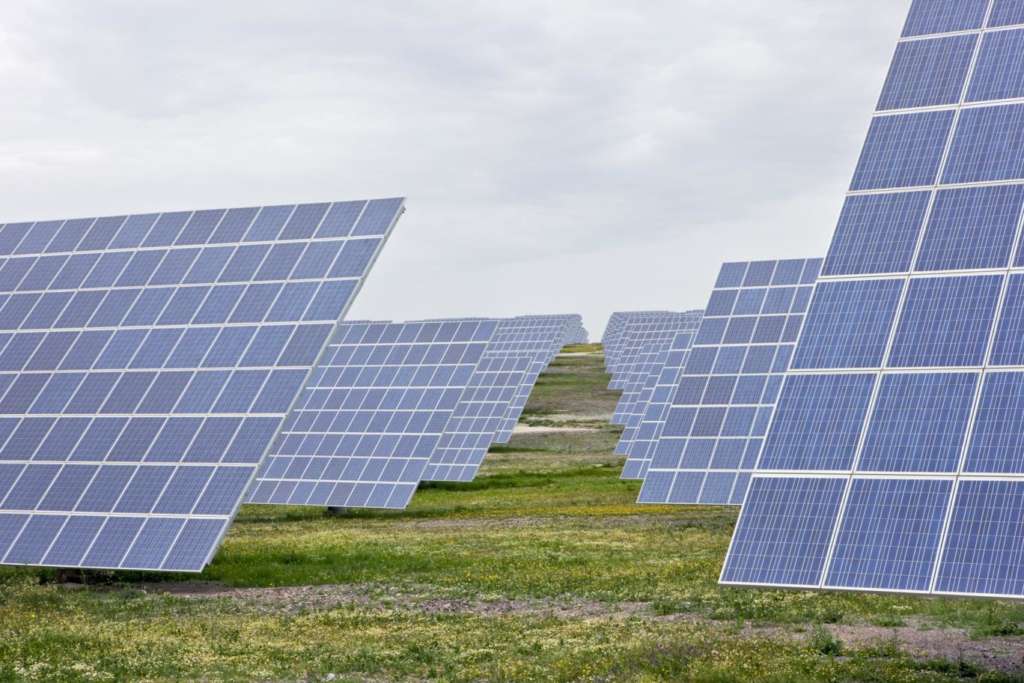London- Portugal managed to keep its lights on with renewable energy alone for four consecutive days, last week, in framework of its first test to increase its investments to create energy. From Saturday until Wednesday the country used sustainable electricity on its own without referring to gasoline, oil, or any of their derivatives.
Electricity consumption in the country was fully covered by solar, wind and hydro power, according to data analysis of national energy network figures.
Spokesman for the Wind Europe Trade Association Oliver Joy said: “We are seeing trends like this spread across Europe, last year with Denmark and now in Portugal.”
“The Iberian peninsula is a great resource for renewables and wind energy, not just for the region but for the whole of Europe,” he stated.
For his part, CEO of Solar Power Europe James Watson said this is a significant achievement for a European country, but what seems extraordinary today will be commonplace in Europe in just a few years.
He was quoted as saying: “The energy transition process is gathering momentum and records such as this will continue to be set and broken across Europe.”
Last year, wind provided 22% of electricity and all renewable sources together provided 48%, according to the Portuguese renewable energy association.
The report highlighted major European countries that used wind to generate power in 2015. Wind power alone met 42 percent of electricity demand in Denmark, 20 percent in Spain, 13 percent in Germany and 11 percent in the United Kingdom, the report issued.
“An increased build-out of interconnectors, a reformed electricity market and political will are all essential,” Joy said.
“But with the right policies in place, wind could meet a quarter of Europe’s power needs in the next 15 years,” he added.
